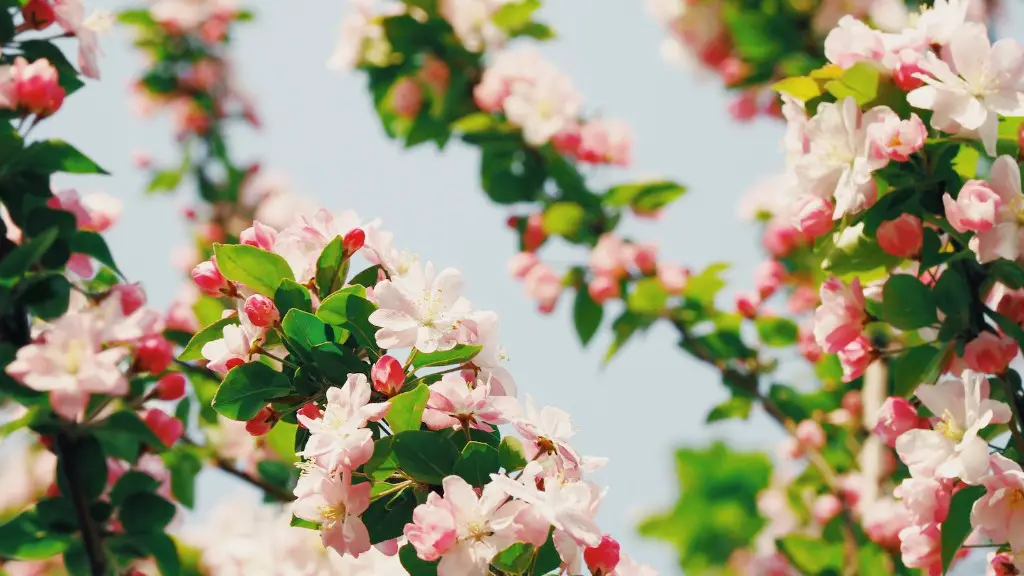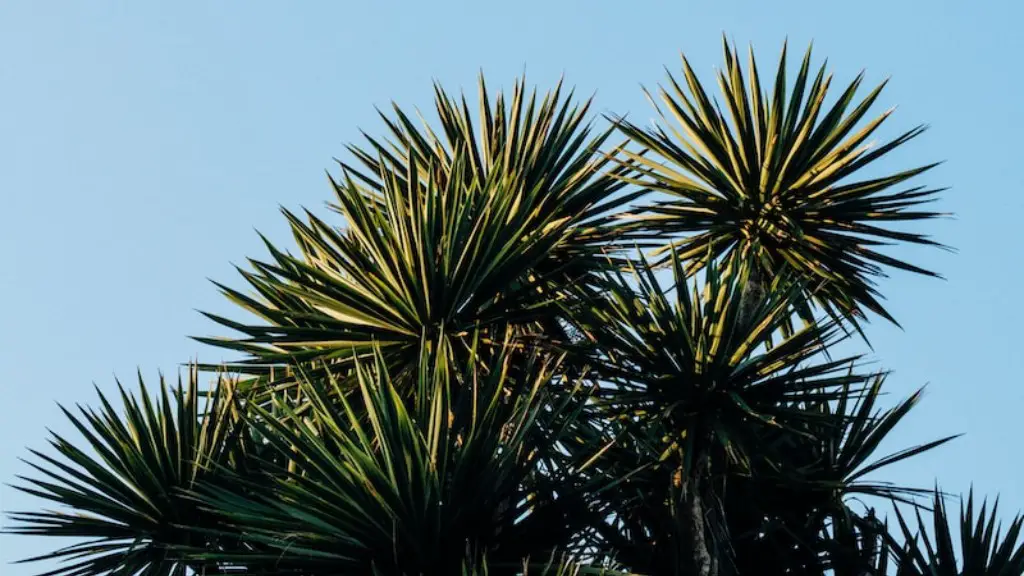A lemon tree in a pot is certainly possible, and gives you the chance to enjoy homegrown lemons fresh from your own backyard. Before you commit to purchasing a lemon tree, however, there are a few key variables to consider.
Firstly, pot size matters. The container should be at least 18 inches wide and deep for the tree to thrive. Secondly, soil requires particular attention. Good-quality potting mix, amended with worm castings, will ensure your tree gets the best foundation for growth.
Thirdly, drainage must not be overlooked. Your pot must have drainage holes in the base, allowing excess water to drain away. Fourthly, watering is essential. Water once the soil almost dries, usually once every few days. Lastly, position is also critical. Place your pot somewhere sunny, preferably sprayed with seaweed fertiliser.
Fertilisation
Fertiliser is a key component in keeping your lemon tree healthy and producing fruit. Choose a citrus-specific formulation that contains all the necessary minerals and micronutrients. Feed your lemon tree every 4 weeks, although the frequency may vary depending on the season and climate.
Pruning is also beneficial, keeping the tree healthy and producing vigorous new growth. Prune your lemon tree twice a year, once in spring and once in summer, to promote healthy growth and flower formation. Keep the centre of the tree open and regularly remove any dead, diseased or damaged branches.
Protection
Protection is essential for a lemon tree in a pot, especially in winter. Choose an area of your garden that has protection from wind, frost and extreme temperatures. Mulch the top of the soil with straw, hay or bark, sealing in the heat and keeping the roots insulated.
Bring your lemon tree indoors over winter if it is particularly harsh. Place it somewhere bright, like a window or kitchen, and use grow lights on days it is dull. Keep the temperature fairly warm and water your lemon tree only when the top layer of soil begins to dry out.
Diseases and Pests
Pests and diseases can easily infect a lemon tree, so it is important to inspect regularly. Common symptoms to look out for include spots or mottled patches on the leaves, or a mouldy or fuzzy residue on the fruit. If spotted, work carefully to treat and remove the problem.
Insects such as scale, mealybugs and mites should be tackled immediately, using neem oil or horticultural sprays. If your lemon tree is developed scale, leafroller or aphid infestation, physical removal may be required. Diseases like canker, gummosis and collar rot should be treated by professional help.
Pests and Prevention
Insects are a consistent problem for lemon trees in pots, and regular preventative spraying is the key to keeping them in check. Neem oil can be sprayed over the leaves every few weeks, killing and repelling common pests. The same method can be applied to prevent spider mites, particularly if a white webbing is appearing on leaves.
In addition to pest control, providing the right environment and nutrients is also essential for prevention. Keep your lemon tree in the ideal environment, with enough sunlight and light winter protection, and feed it with a citrus-specific fertiliser for best results.
Harvesting and Storing
Harvesting your lemons at the correct time is important to ensure the best flavour. Lemons should be picked when they are slightly yellow, but still firm to the touch. Begin by removing any dead fruits that have accumulated underneath the tree.
One lemon tree will produce hundreds of lemons each year, depending on its size and conditions. Lemons can be stored at room temperature or in the refrigerator. They will stay in good condition for several weeks when stored in the refrigerator.
Conclusion
With the right set-up, a lemon tree in a pot can be a rewarding and satisfying experience. Careful consideration of pot size, soil type and position, frequent fertilisation and protection from frost and pests is essential for your lemon tree’s survival. With dedication and perseverance, you’ll be enjoying homegrown lemons in no time.


